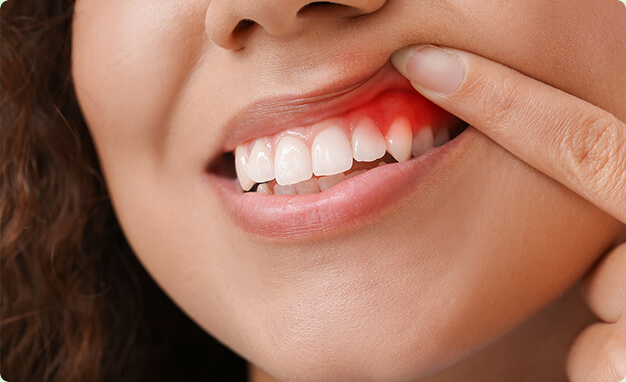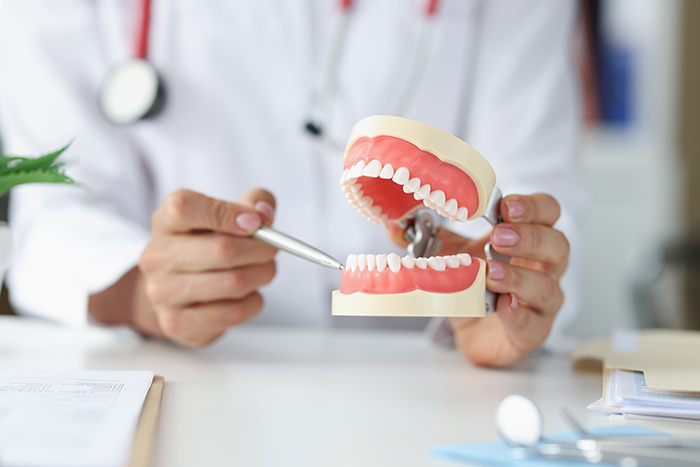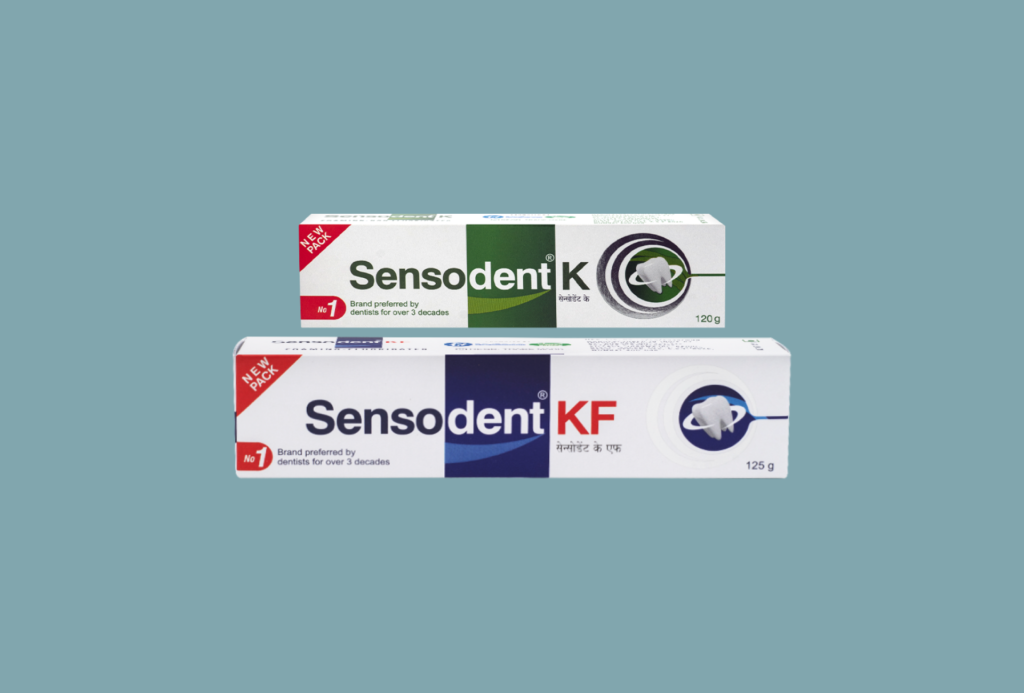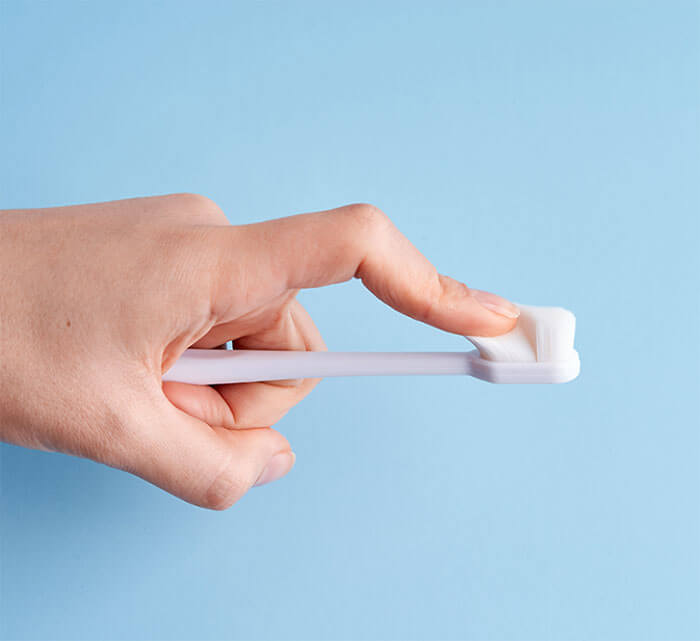Difference BetweenSensitive Teeth & Sensitive Gums?
Difference Between Sensitive Teeth & Sensitive Gums? Sensitive teeth can mean anything from getting a mild current like sensation, to having severe discomfort that can continue from a few minutes, to several hours. It can also be an early warning sign of more serious dental problems. Who suffers from sensitive teeth? Many people suffer from sensitive teeth and it can start at any time. It is more common in people aged between 20 and 40, although it can also affect people in their early teens and even when they are over 70 years of age. What causes sensitive teeth? The part of the tooth we can see has a hard thick layer that protects the softer part underneath. If the inner part is exposed, a tooth can become sensitive. This usually happens where the tooth and the gum meet and the outer layer is much thinner. Here are some causes of sensitivity: Brushing too hard, or wrong brushing technique can cause the outer layer of the tooth to be worn away – particularly where the teeth meet the gums. The freshly exposed inner part may then become sensitive. Dental erosion, caused by attacks from acidic food and drinks can lead to loss of tooth enamel. Gums may naturally recede (shrink back), and the roots of the teeth will become exposed and can be more sensitive. Root surfaces do not have an outer protective layer to protect them. Gum disease is a build-up of plaque or tartar that can cause the gum to recede down the tooth and even destroy the bony support of the tooth. Tooth grinding is a habit which involves clenching and grinding the teeth together. Tooth bleaching (whitening) is when some patients have sensitivity for a short time during bleaching or afterwards. Talk to your dentist about this before undergoing a treatment. Sensitive gums, also commonly known as gum soreness, is characterized by minor redness and slight gum pain. This can often be a symptom of gingivitis, but in other cases it’s not quite so concerning. When it is localized and infrequent, one of the more common non-gingivitis causes is improper traumatic brushing and interdental cleaning. Some causes of sensitive gums: Vigorous / overzealous tooth brushingFlossing with high pressureImproper use of interdental brush or toothpicks Sensitive teeth result in a mild to sharp, to a prolonged current like sensation in the teeth lasting from a few minutes to several hours. Mainly occurs when the outermost protective hard layer of the tooth is lost and the inner soft layer is exposed. Whereas, sensitive gums also commonly known as sore gums, or gum soreness and is characterised by minor gum redness and slight gum pain. Improper traumatic brushing and interdental cleaning could lead to sensitive gums.










